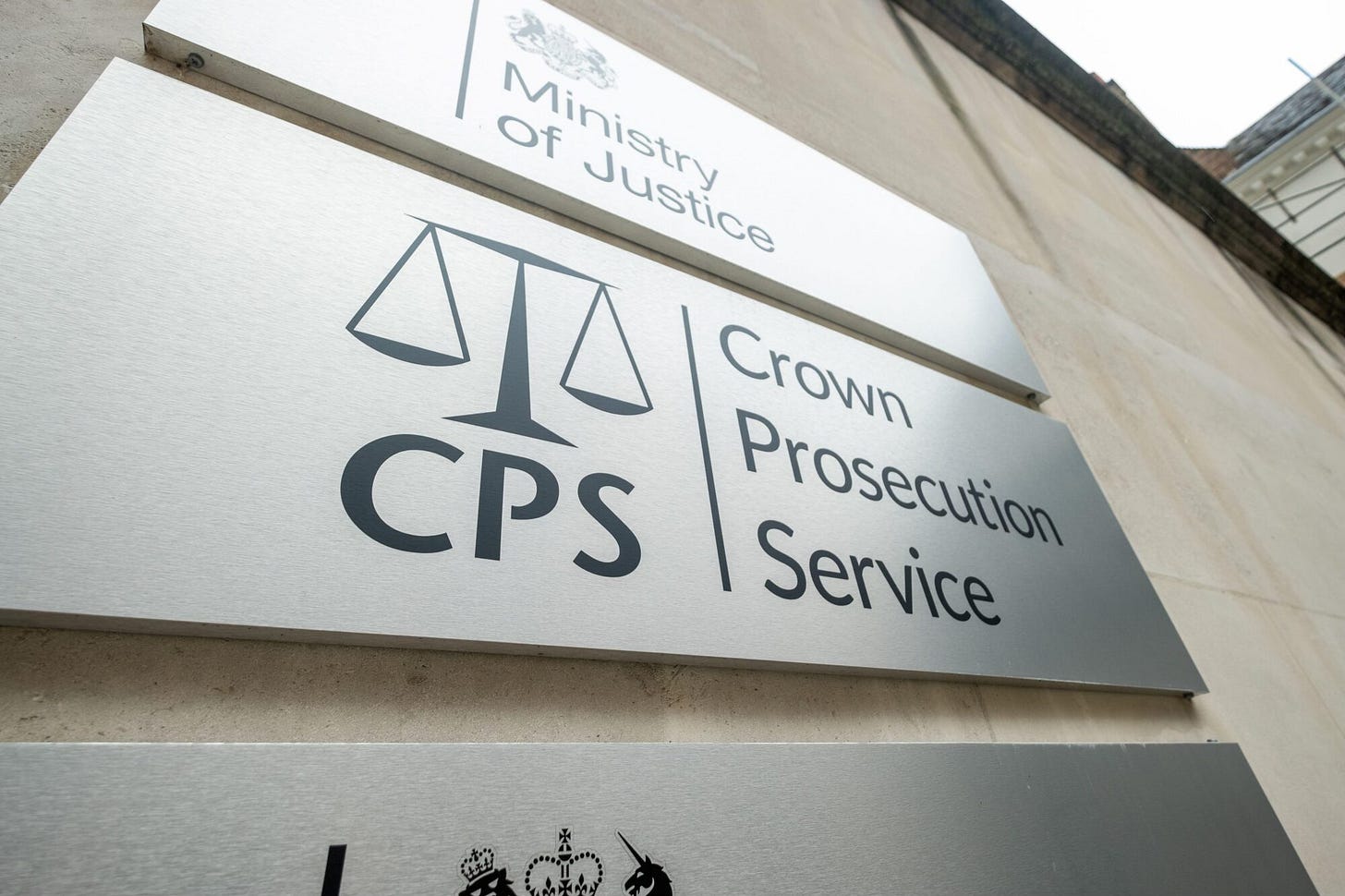Sex, Gender Identity and the Law
Sample Chapter on Sex by Deception
My book Sex, Gender Identity and the Law will be published next year with Cambridge University Press. In advance of this, I've prepared a draft chapter on the criminal law regulating sexual activity induced by deceptions as to the defendant's sex.
Here is the abstract:
This Chapter explores how consent to sexual activity can be vitiated for the purposes of sexual offences where the defendant has engaged in an operative deception as to biological sex. It offers a defence of the current legal doctrine, drawing upon Chloë Kennedy's theory of consent vitiation by identity non-recognition. The central argument is that the current law correctly identifies that homosexual sexual activity is of a different sexual nature to heterosexual activity and is of central importance to the formation of sexual orientation and sexual identity, particularly for lesbians and gay men. An operative deception as to biological sex is sufficiently proximate to the sexual nature of the activity in question that it is capable of vitiating consent. In contrast, Alex Sharpe argues that the privacy of transgender people should take precedence over the sexual integrity of others and that sexual boundaries based on biological sex are transphobic and prejudiced, equivalent to racism. For this reason, Sharpe argues that transgender people should be immune to the criminal law of sex by deception as to sex. The chapter concludes by critiquing this view and defending the importance of sexual orientation for the freedom and capacity of people to choose to engage in sexual activity.
This material has been accepted for publication by Cambridge University Press, and a revised form will be published in Sex, Gender Identity, and the Law by Michael Foran. This version is free to view and download for private research and study only. Not for re-distribution or re-use. © Michael Foran.
Keywords: sexual offences, consent, sex by deception, transgender identity, sexual orientation
When I finished this draft I sent emails to Chloë Kennedy and Alex Sharpe to ask them if I had misunderstood their work. Chloë and I have had a constructive discussion and the draft has been updated to better reflect her work. That is particularly important for this topic in my opinion and I am grateful to Chloë for that discussion.
You can read the paper here.



I used to find Alex Sharpe's stance on this surprising, to put it mildly. How can anyone think a group of people, any group of people, should be outside the law? Still less someone versed in the law thinking like that?
But nothing shocks me now about people who subscribe to identity politics and victimhood. All the rest of us are merely bit part players in their own narcissistic dramas.
It was reading Alex Sharpe’s commentary on MacNally that ‘peaked’ me as an undergraduate so reading this is balm for the soul – thank you!
Hope you don’t mind a bit of unsolicited editing advice:
“McNally was collected by M and her mother while wearing a strap-on dildo underneath a pair of trousers. At some point during this trip, the two engaged in sexual activity,…”
Might just be me, but the way this is phrased the image that came to mind was sexual activity in the car with mum driving… Might scan better if you change ‘this trip’ to ‘at some point during McNally’s visit’ or something like that.